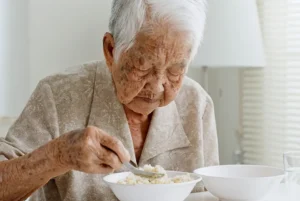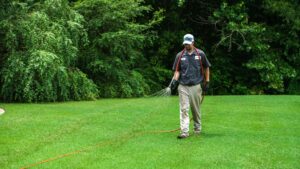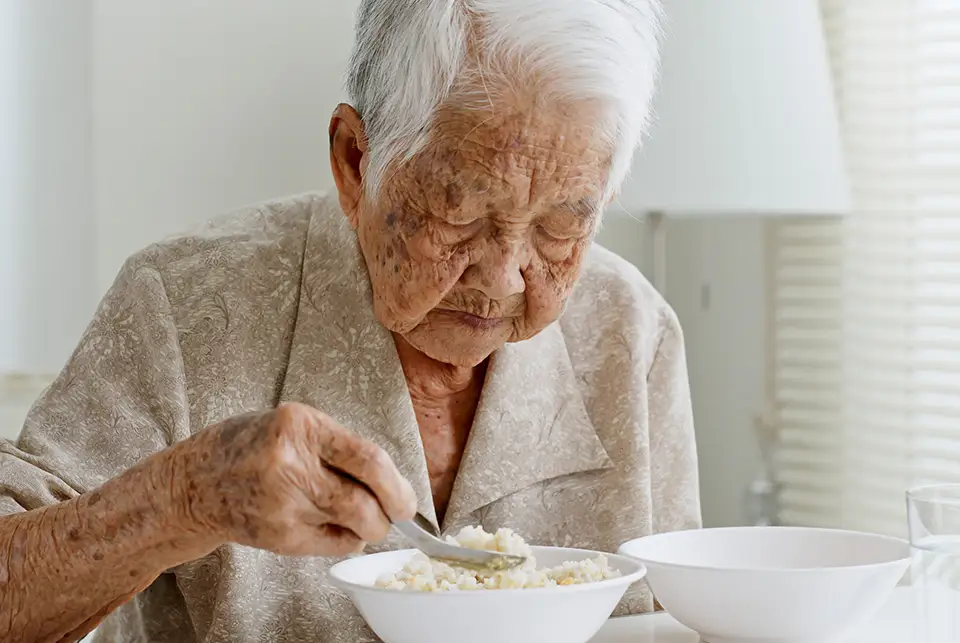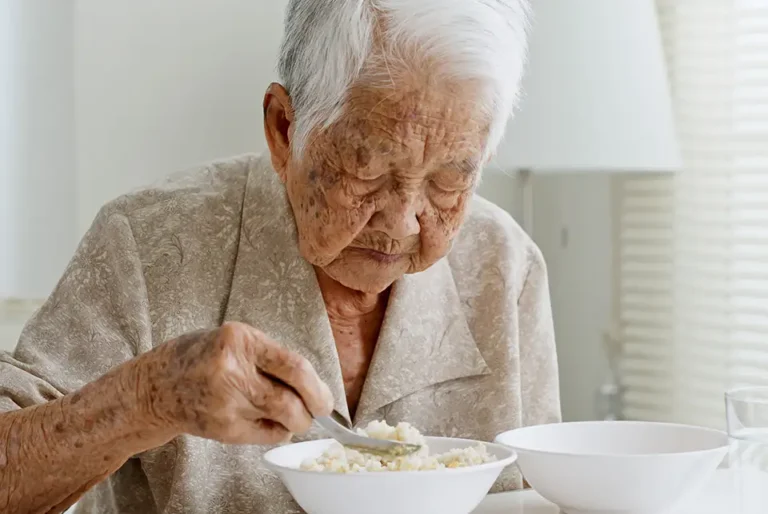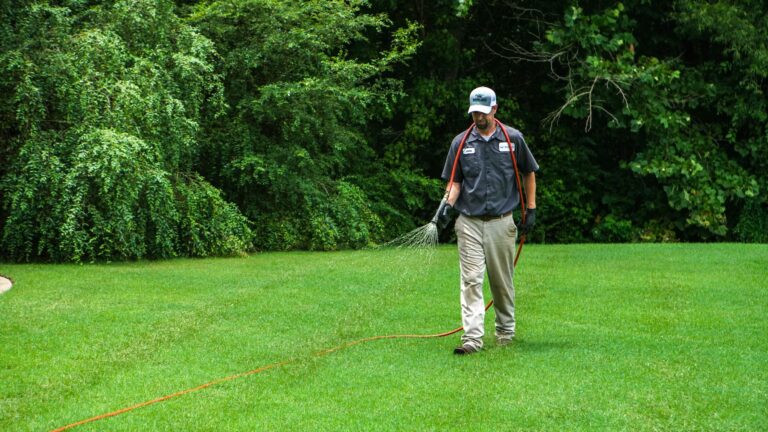To care for the old, you need to be kind, patient, and pay close attention to their food and medical needs. In some care facilities, unfortunately, neglect can cause major health problems like not getting enough food or water. These diseases are not only medical problems, but also indications that older people are not getting the care they need from the system as a whole. Most of the time, families trust care homes to keep their loved ones safe. When that trust is broken, terrible things can happen.
What Is Malnutrition in Elder Care
Malnutrition occurs when an elderly person does not receive enough essential nutrients such as proteins, vitamins, and minerals needed for proper body function. This can happen due to poor appetite, medical conditions, or difficulty swallowing, but it can also result from staff neglect or inadequate food quality. In elder care facilities, residents depend on caregivers to monitor their meals, hydration, and overall well-being. When that responsibility is ignored, the risk of malnutrition increases dramatically.
People over 65 are especially at risk because their bodies process nutrients differently than those of younger people. Even a slight lack of nutrition can weaken the immune system, delay wound healing, and increase the risk of infections or hospitalization.
Warning Signs Families Should Watch For
Detecting malnutrition early can prevent serious complications. Families should be aware of symptoms such as sudden weight loss, dry skin, fatigue, confusion, and changes in mood or appetite. In many cases, these signs are mistakenly attributed to aging, but they may indicate a more serious issue related to neglect.
If a resident consistently appears weak, disoriented, or less responsive, it could mean they are not receiving the proper meals or fluids. Regular communication with nursing staff and routine check-ins can help identify whether a loved one’s nutritional needs are truly being met.
The Connection Between Neglect and Malnutrition
Neglect in nursing homes often stems from understaffing, lack of training, or poor management practices. When caregivers are overworked or untrained, they may fail to assist residents during meals, monitor food intake, or notice warning signs of malnutrition. Over time, this negligence can lead to severe physical decline and emotional distress.
Malnutrition is not always about the absence of food—it’s about the absence of attentive care. Residents may need help cutting food, reminders to eat, or assistance drinking water. When those needs go unnoticed, the consequences can be tragic.
Legal Accountability and Elder Rights
Families have the right to expect competent care for their loved ones. When nursing homes fail to uphold that duty, legal action may be necessary to hold them accountable. Experienced elder neglect attorneys can help families understand their options and seek justice for preventable suffering.
For more detailed information about dehydration, malnutrition, and how to take legal steps against negligent care, visit https://nursinghomelitigator.com/practice-areas/dehydration-malnutrition/. This resource provides valuable guidance for families who suspect that neglect has compromised their loved one’s health.
Preventing Malnutrition Through Better Care
Preventing malnutrition requires a proactive approach. Nursing homes should provide balanced meals, hydration schedules, and individualized nutrition plans based on each resident’s medical needs. Carers also need to be trained regularly so that they can spot and act on early warning signs.
Family involvement plays an important role as well. By visiting regularly, observing eating habits, and asking questions, families can help prevent neglect before it turns into a serious problem.
Final Thoughts
Malnutrition in elder care should never be dismissed as a normal part of aging. It is often a symptom of neglect that demands attention and accountability. Ensuring that every resident receives proper nutrition and hydration is a fundamental responsibility of care facilities. Families can help keep their loved ones from needless pain and make sure that elder care facilities meet the caring standards that every senior deserves by staying informed and alert.



